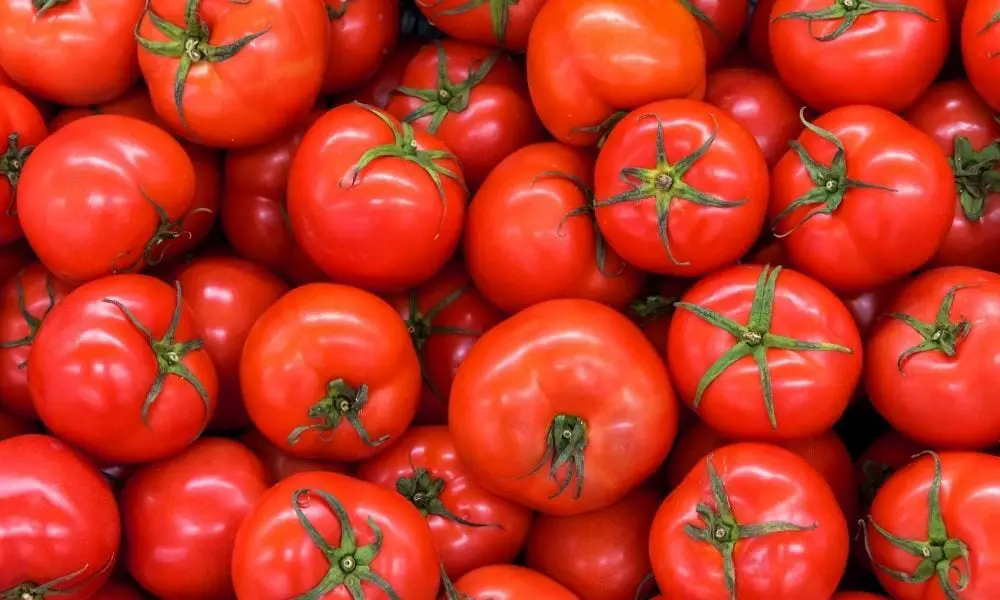

GMO stands for “genetically modified organism,” and “genetically modified” means the DNA of an organism has been altered to manipulate and promote favorable traits. GMOs can be used in animals and microorganisms, and this kind of process can feel unnatural and off-putting to people unfamiliar with GMOs and how they benefit agriculture. To help you better understand GMOs, let’s go over some of these advantages.
The primary use for GMOs today is to create sturdier crops that will decrease crop loss for farmers. To accomplish this, GMO crops have three things in common:
GMOs make it easier for farmers to protect crops and allow them to harvest and use much more of what they grow. This cuts back on the amount of waste produced and makes it meeting the demand for food for manageable. Stronger crops also mean farmers can apply far less pesticides to protect their harvests. So, if your concern is chemicals, GMOs can reduce the amount used in the production process.
In opposition to the belief that GMOs are the antithesis of eco-friendly, these stronger, more resistant crops can reduce the amount of carbon emissions and keep the environment in which they grow healthy. Farmers must typically till their soil to clear any weeds, but if weeds no longer present a threat to the crops, the need for tilling is eliminated. This creates healthier soil while cutting down on the fuel and labor costs necessary for tilling. This is primarily how GMOs reduce carbon emissions: by eliminating the need for extraneous chores that would require the use of fuel and machinery.
GMOs don’t just benefit agriculture and farmers. If farmers are garnering more bountiful harvests, food is more widely available and accessible to consumers. This drives down the price of food, as it’s now much easier to meet demand while providing a quality product. Some GMOs have even been specifically engineered to benefit consumers. For example, GMOs have been used in apples to prevent browning when the apple is cut. This reduces waste from consumers who find browned apples unappealing or who assume they’ve gone bad.
GMOs aren’t something you should fear. It’s more important to focus on finding a professional and reliable chemical manufacturer to properly tailor and develop the chemicals necessary for protecting your crops.
Additional Resources:
Water
Ocean
Salt
Wheat
Potassium
Magnesium
Turmeric
Cinnamon
Find out when to upgrade your industrial storage solutions to improve efficiency, boost safety, cut…
Disposable e-cigarettes are redefining how nicotine is consumed—and they're doing so with growing support from…
For smokers seeking a healthier way to enjoy nicotine, innovation has brought forward one of…
Discover the incredible teamwork of bees and how their collaboration sustains ecosystems. Learn how we…
A night out at a top-notch bar with an incredible view can be an unforgettable…
Learn the critical safety features every go-kart track needs. From barriers to emergency solutions, these…